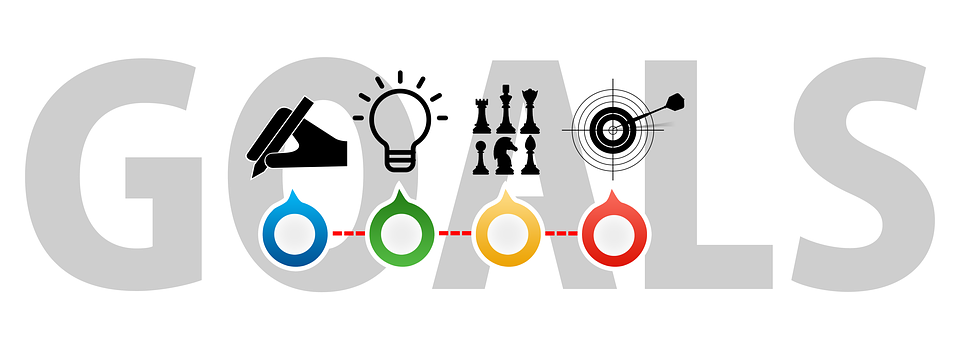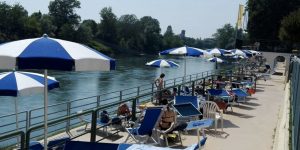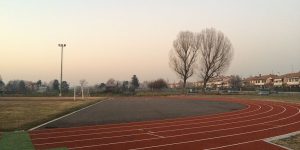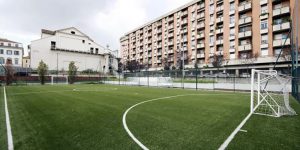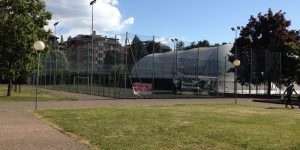How to Prepare for a Mobility Project Proposal
Our Tips and Guidelines to Get Ready
We are getting closer to the next deadlines of 2019 for the Erasmus Plus – mobility projects and it’s time to start planning new proposals.
Our experience from the last years has led us to anticipate it. In the beginning we were in fact characterized by long sleepless nights made of “copy and paste”, endless waiting for the mandates from the partners and the last minute revisions.
It was normal, and I think it happened to everyone.
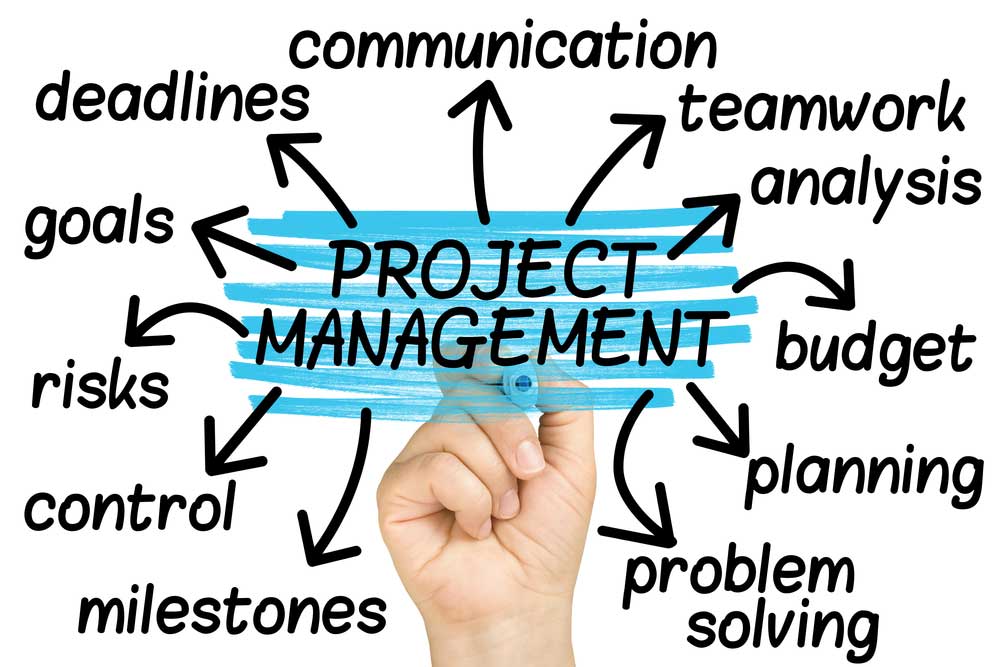
However, over the years we have managed to progressively advance phases of submitting a project, keeping ever-increasing quality for every aspect. The experience has led us to plan the work in advance, defining a very precise timetable for the various actions to be done. We noticed that, almost magically, even our partners have started to organise themselves better, making the whole process much smoother and more sustainable.
Here are some tips – the result of our experience – you can follow when submitting a mobility project:

- Having a strong and defined project idea, which fully expresses your mission and is in line with the priorities of the Erasmus Plus Program. The historical authenticity of the project theme is also very important. Everyone notices immediately if a project proposal derives from another past project or another organization. The authenticity of the project is also achieved by the consistency within your history, mission and ordinary activities that are carried out at the international and / or local level.
- Building a credible and real partnership: a regular and efficient cooperation between partners is a vital element for the good preparation of a project. All the members must demonstrate that they can establish and pursue an strong partnership, whith common objectives and values. The construction of a relationship based on trust is something that is nurtured with time and not only closed to the deadlines.
- Methodology: the project must lead to the acquisition / enhancement of skills by promoting socio-educational and personal development of the participants. These goals must be achieved through non-formal and informal learning. Numerous non-formal learning methods and techniques can be applied to address different needs of the participants and achieve the desired results. The daily activity program and working methods should involve the participants as much as possible, triggering a peer learning process.
- Program: The project in its different phases and in particular the activity program must be clearly defined, realistic, balanced and consistent with the objectives and characteristics of the young people involved.
Click here to find out more about the Effective Planning method, our experiences and see how we can collaborate!
